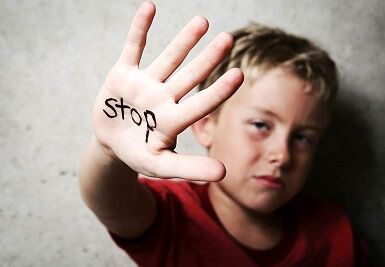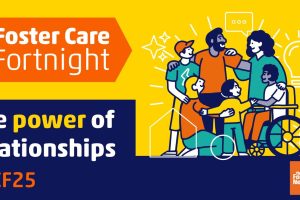Keeping children safe from Domestic Abuse

Domestic abuse can range from bullying and control to threatening or violent behaviour between two people in a relationship. It is dangerous to not only the people in the relationship but to the children involved. However, domestic abuse isn’t just physical, as it can be emotional, sexual and financial to. It can seriously harm children and by witnessing this, it is child abuse.
Domestic violence may be difficult to determine whether it is happening or not as it usually occurs within the family home. However, there are signs and symptoms that you can recognize from children to suggest something might be happening.
The child may;
- become aggressive
- display anti-social behaviour.
- Suffer from depression or anxiety.
- Begin to find school difficult.
Domestic abuse is visually distressing and scary to a child. They are witnessing their beloved parents act in a particular way they may have never seen, questioning themselves, is this normal? As around 1 in 5 children have been exposed to domestic abuse. Children may hear arguments or objects being thrown or see their mother or father becoming particularly withdrawn from the family. They may begin to feel a sense of protection and attachment to the victim of the abuse. This may result in the child getting hurt in the middle of a violent argument or the child not wanting to go to school or to leave them alone. Children are vulnerable and innocent to such behaviour and by witnessing this, opens up a new world to them that they may begin to consider normal and a way they may behave towards others in the future.
An article from the BBC gives an insight from a survivor of domestic abuse. They explain how the child’s schooling can be disrupted due to their family constantly having to move. Now, Ofsted is calling for greater awareness of domestic abuse and encouraging schools in England to prioritise education about healthy relationships.
The article suggests that children and young people who have lived with domestic abuse for several years frequently experience intense feelings of responsibility; guilt and a sense of despair.
This abuse within the family can have damaging effects on a child whether it is long term or short term. Children need to be aware that it is not normal and not how you behave in a relationship. It is not how you treat someone physically and mentally and therefore, it is important to change a child’s expectation on future relationships.
Children who are in foster care may have had experiences of domestic violence and may have expectations of what a relationship might be like. Alternatively, they may relate particular actions or objects within the home to painful memories of violence from their mother or father.
It is therefore important for carers to take into consideration what the child may have been through and to most importantly change their expectations and their idea of ‘normal’.
Original article: http://www.bbc.co.uk/news/education-41319515










![FireShot Capture 130 - Mail - Heena Thacker - Outlook - [outlook.office.com]](https://sunbeamfostering.com/wp-content/uploads/2018/10/FireShot-Capture-130-Mail-Heena-Thacker-Outlook-outlook.office.com_.png)

